
Home / Information / Blog
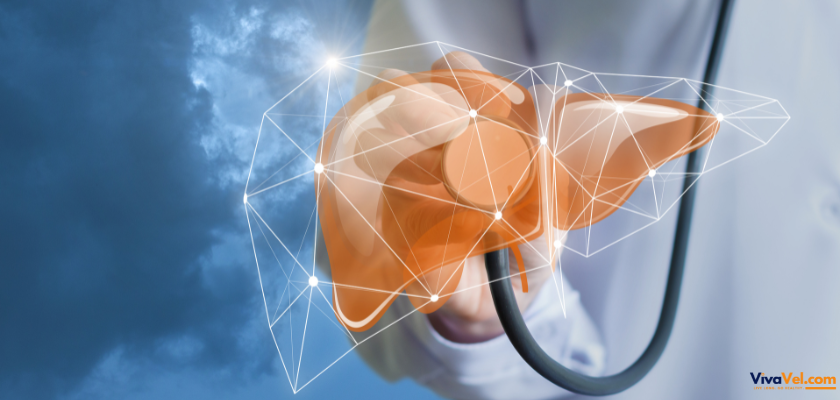
The liver is one of the most vital organs in the human body, responsible for critical functions such as detoxification, bile production, and nutrient metabolism. When the liver becomes severely damaged or diseased, its ability to perform these functions is compromised, leading to life-threatening conditions. In such cases, a liver transplant can offer a second chance at life.

The liver is one of the most vital organs in the human body, responsible for critical functions such as detoxification, bile production, and nutrient metabolism. When the liver becomes severely damaged or diseased, its ability to perform these functions is compromised, leading to life-threatening conditions. In such cases, a liver transplant can offer a second chance at life.
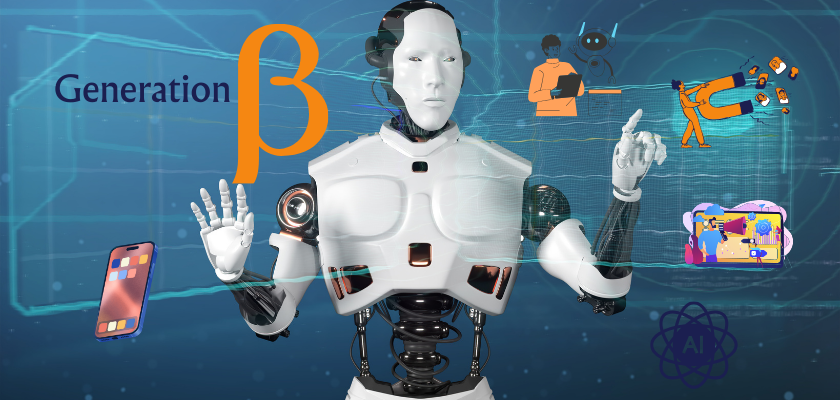
What Is Generation Beta?
Generation Beta is the cohort born after 2024, following Generation Alpha (2010-2024). "Beta" symbolizes a new phase, aligning with the tech-driven world that increasingly uses beta versions to signify innovation and improvement.
This generation will grow up in a hyperconnected, technology-dominated society where artificial intelligence, robotics, and sustainability will be at the forefront. Unlike their predecessors, Generation Beta will experience a world where digital integration and global collaboration aren't just enhancements but essential aspects of life.
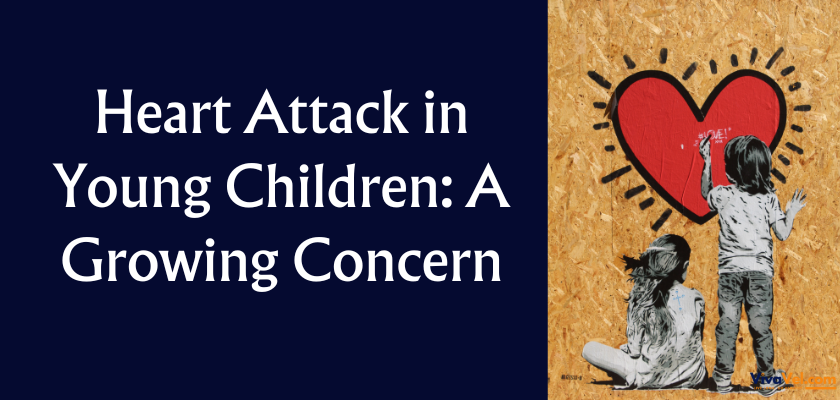
In recent weeks, India has witnessed two tragic incidents involving young children succumbing to heart attacks, highlighting a concerning trend of cardiovascular issues among the youth.
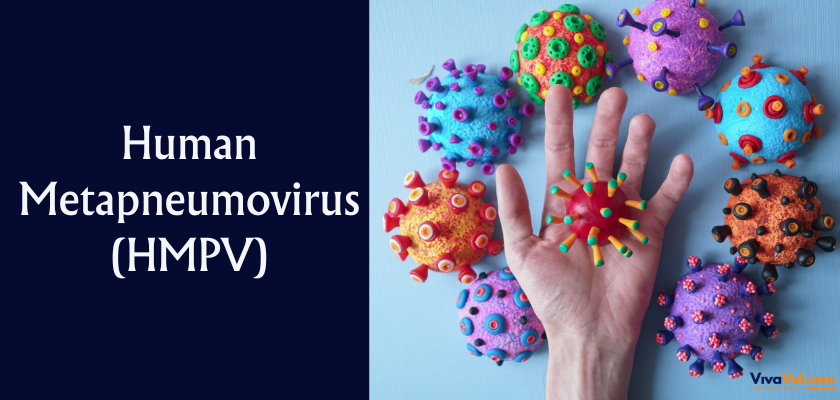
Human Metapneumovirus (HMPV) is a respiratory virus that has recently garnered global attention due to a surge in cases, particularly among children in China. This uptick has increased monitoring and public concern, especially during the COVID-19 pandemic.

The dawn of a new year brings fresh beginnings, renewed hope, and countless possibilities. For couples aspiring to embrace parenthood, this symbolic rebirth of time often serves as a powerful motivator to explore avenues that can turn their dreams into reality. In recent years, IVF (In Vitro Fertilization) has emerged as a beacon of hope for millions worldwide. Among the destinations offering world-class fertility treatments, India has established itself as a leading player, combining cutting-edge medical expertise with affordability. VivaVel.com facilitate this journey, making the process seamless, compassionate, and rewarding.

At VivaVel.com, we specialize in crafting personalized health tourism experiences that cater to diverse needs:

As the calendar flips to a new year, it brings fresh opportunities for self-improvement, growth, and change. While many focus on resolutions tied to fitness, career, or relationships, why not make 2025 the year of total health transformation? At VivaVel.com, the new year is the perfect time to prioritize your health and well-being through health tourism—a journey that combines travel, rejuvenation, and top-tier medical care.

Silent heart attacks are particularly dangerous because many people are unaware that they've experienced one. As a result, these events often go untreated, leading to damage to the heart muscle, which can cause more serious heart problems in the future. Without proper medical attention, the risk of subsequent and potentially fatal heart attacks increases. Additionally, a lack of awareness about the initial event may prevent individuals from making important lifestyle changes and seeking medical interventions that could help prevent further cardiac issues.

A heart attack is often associated with dramatic symptoms such as chest pain, shortness of breath, and sudden loss of consciousness. However, there's a lesser-known phenomenon known as a silent heart attack, which can unfold quietly and often go undetected, presenting significant health risks. Here's what you need to know about this stealthy cardiac event and how to protect yourself.
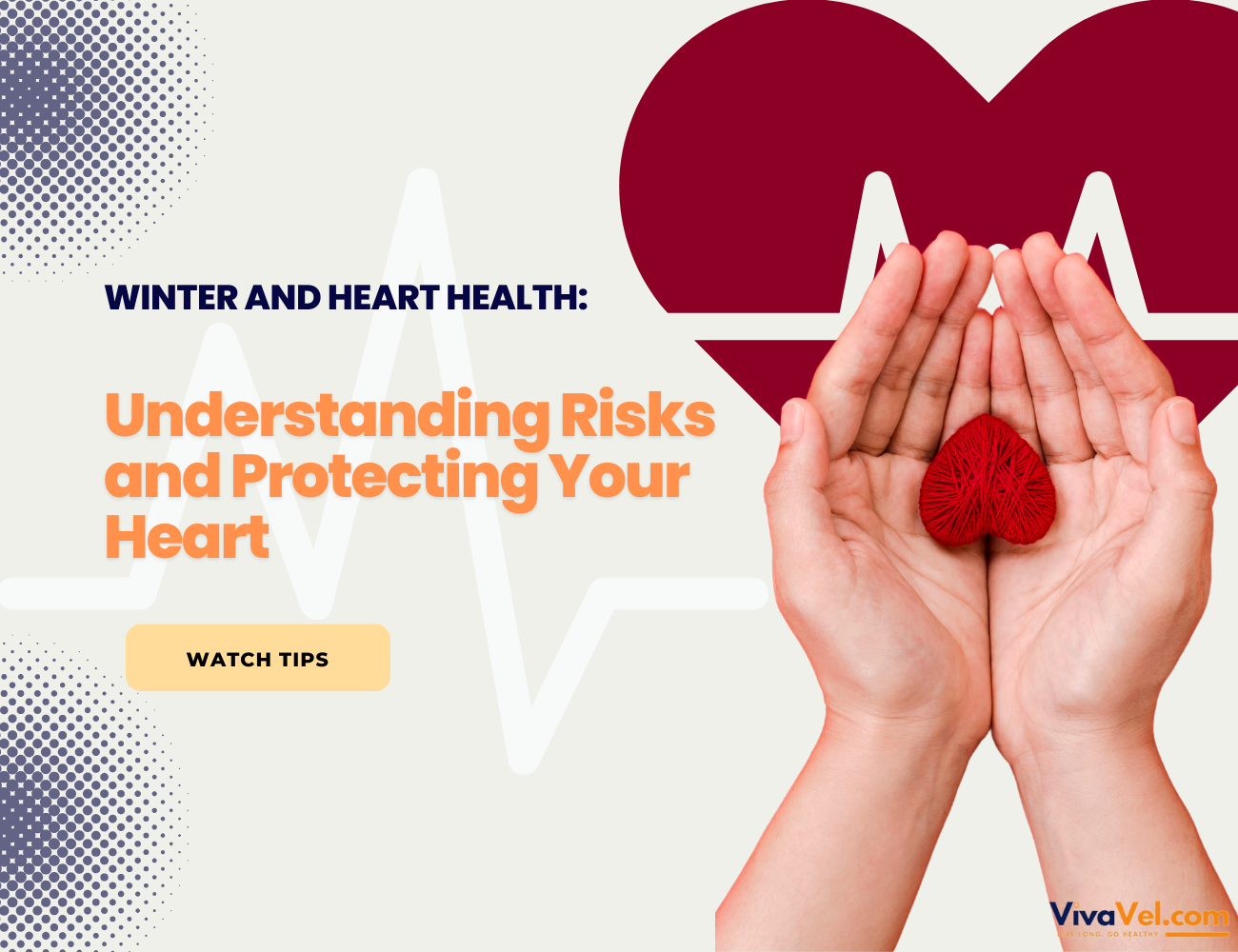
As the cold winds blow and temperatures drop, we often think of staying warm and cozy. However, winter also brings significant health risks, especially regarding our heart health. Studies have shown that heart attacks are more common during the winter months, and there are several reasons behind this phenomenon. In this blog, we will explore why heart attacks increase in winter and what steps you can take to safeguard your heart.

Winter is here! While it brings cozy sweaters, hot cocoa, and festive cheer, it also presents unique challenges for your skin. The drop in temperature, coupled with low humidity and indoor heating, can deplete your skin of its natural moisture, leading to dryness, flakiness, and irritation. However, with the proper skincare routine and tips, you can maintain a radiant, healthy complexion all winter. Here's a comprehensive guide to winter skincare:

Winter is a season that brings a unique charm with its frosty mornings and festive spirit. Yet, it also presents specific challenges impacting our physical and mental well-being. The cold weather can make it harder to stay active, and shorter days can lead to increased stress or feelings of isolation. Consider some practical tips to navigate these winter hurdles and maintain your health and happiness. Focus on staying warm, finding ways to keep active indoors or outdoors, and managing stress through mindfulness or social activities. Embracing these strategies can help you enjoy this magical season to its fullest.
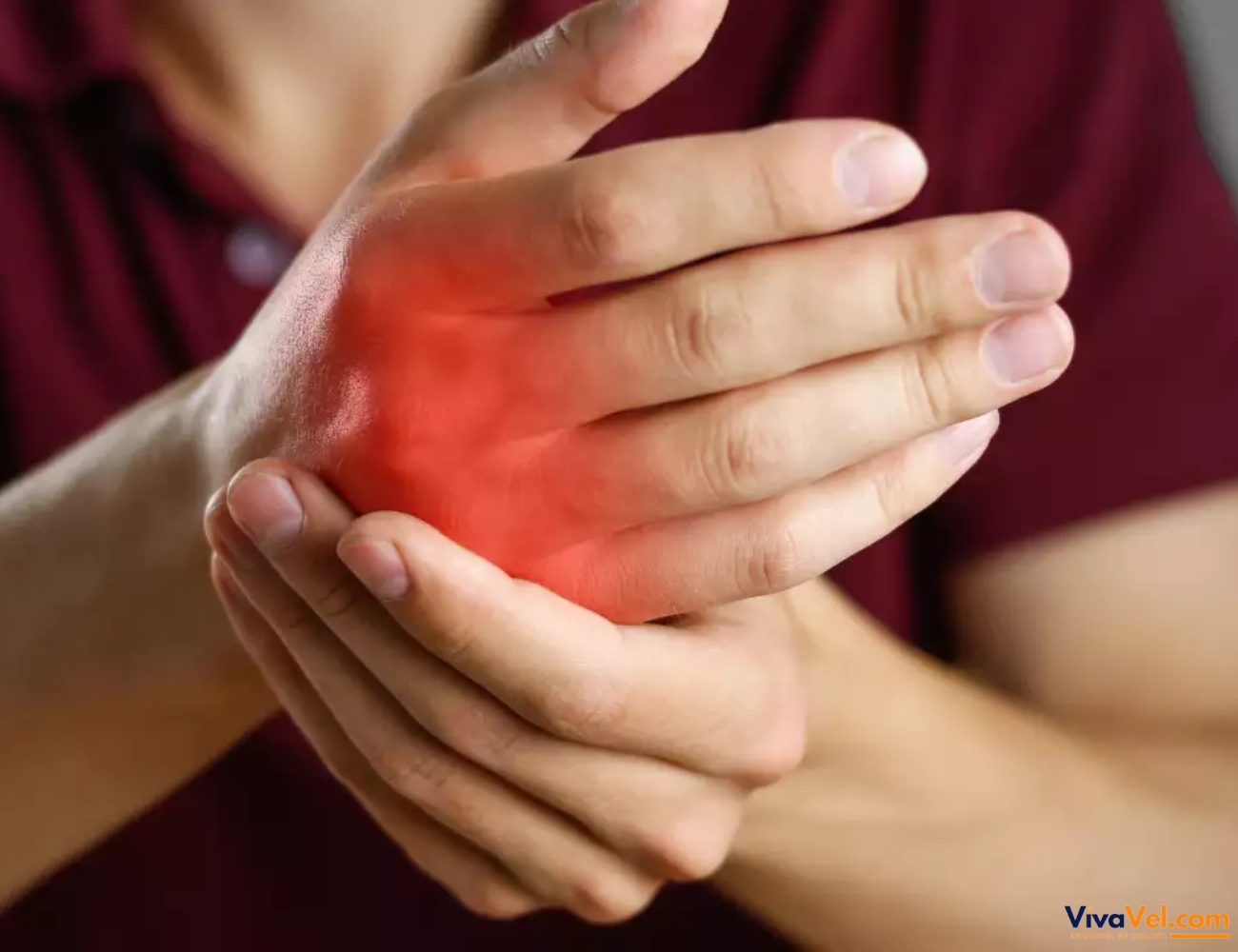
As winter sets in with its chilly weather, many individuals who have arthritis find that their joint pain and stiffness intensify. The cold and damp conditions often aggravate arthritis symptoms, leading to increased discomfort that can hinder daily activities. For those affected by arthritis, gaining insight into the reasons behind these winter flare-ups and discovering effective management strategies can significantly enhance comfort and overall quality of life.
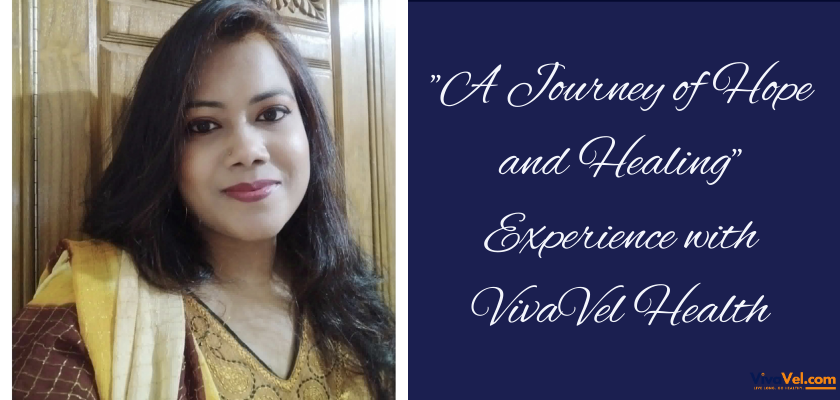
"VivaVel" has truly made a life-changing impact on our lives during a challenging time. My wife was diagnosed with Polycystic Ovarian Disease (PCOD), and despite consulting three different doctors in Bangladesh, we were unsatisfied and uncertain about the way forward. It was a confusing and challenging phase until a friend recommended VivaVel.
From the moment "I contacted them", VivaVel provided exceptional support and guidance. They arranged telemedicine consultations with two renowned international doctors, giving us the confidence to make an informed decision. After careful consideration, we selected one of the doctors for my wife's treatment.
VivaVel's assistance went above and beyond our expectations. They helped us with critical processes like obtaining a medical visa invitation letter, visa processing, and coordinating my wife's admission to "Artemis Hospital" in Delhi. They even suggested comfortable accommodations for me as a patient attendant.
What truly stood out was their unwavering support throughout our journey. The "VivaVel team" was always just a phone call away, offering guidance and reassurance during our stay in Delhi. Their professionalism and dedication to helping patients and their families are truly commendable.
I am incredibly grateful for the care and support from "VivaVel." They were a beacon of hope for us during this difficult time, and I sincerely hope they continue their outstanding service to help more needy patients.
Thank you, "VivaVel," for being there for us every step of the way!
Mr. Hoque, Dhaka, Bangladesh
Patient name: Shanta Islam, Dhaka, Bangladesh
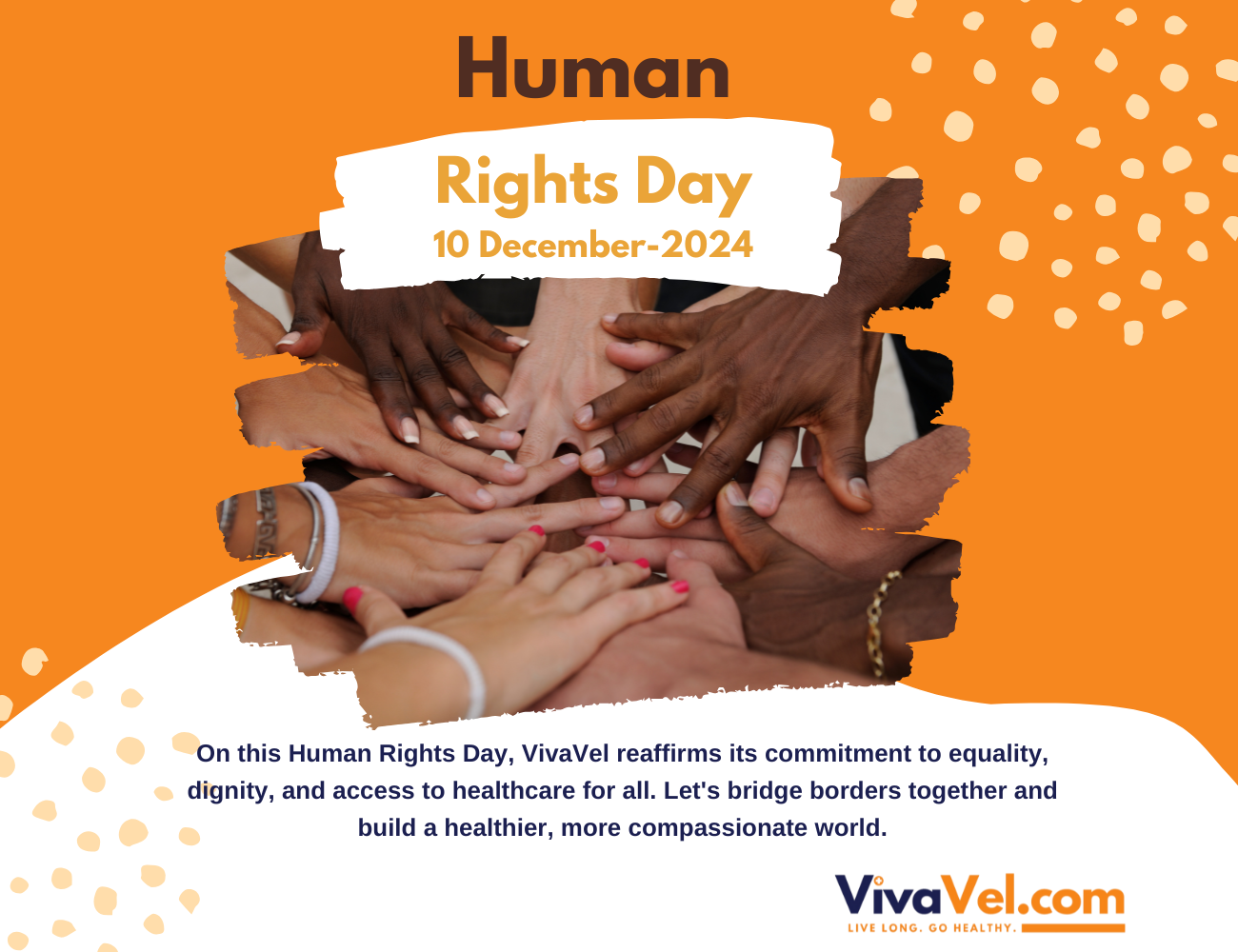
The Essence of Human Rights in Healthcare
Access to health is a fundamental human right, emphasizing that everyone deserves access to adequate medical care, regardless of nationality, ethnicity, or socioeconomic status, as stated in the Universal Declaration of Human Rights. Yet, barriers such as cost, geographic location, and systemic inequalities prevent millions from receiving the care they need.
At Vivavel, we aim to bridge these gaps by connecting patients with world-class medical facilities globally, reinforcing the belief that healthcare should be universally accessible and not merely an option for the privileged few.
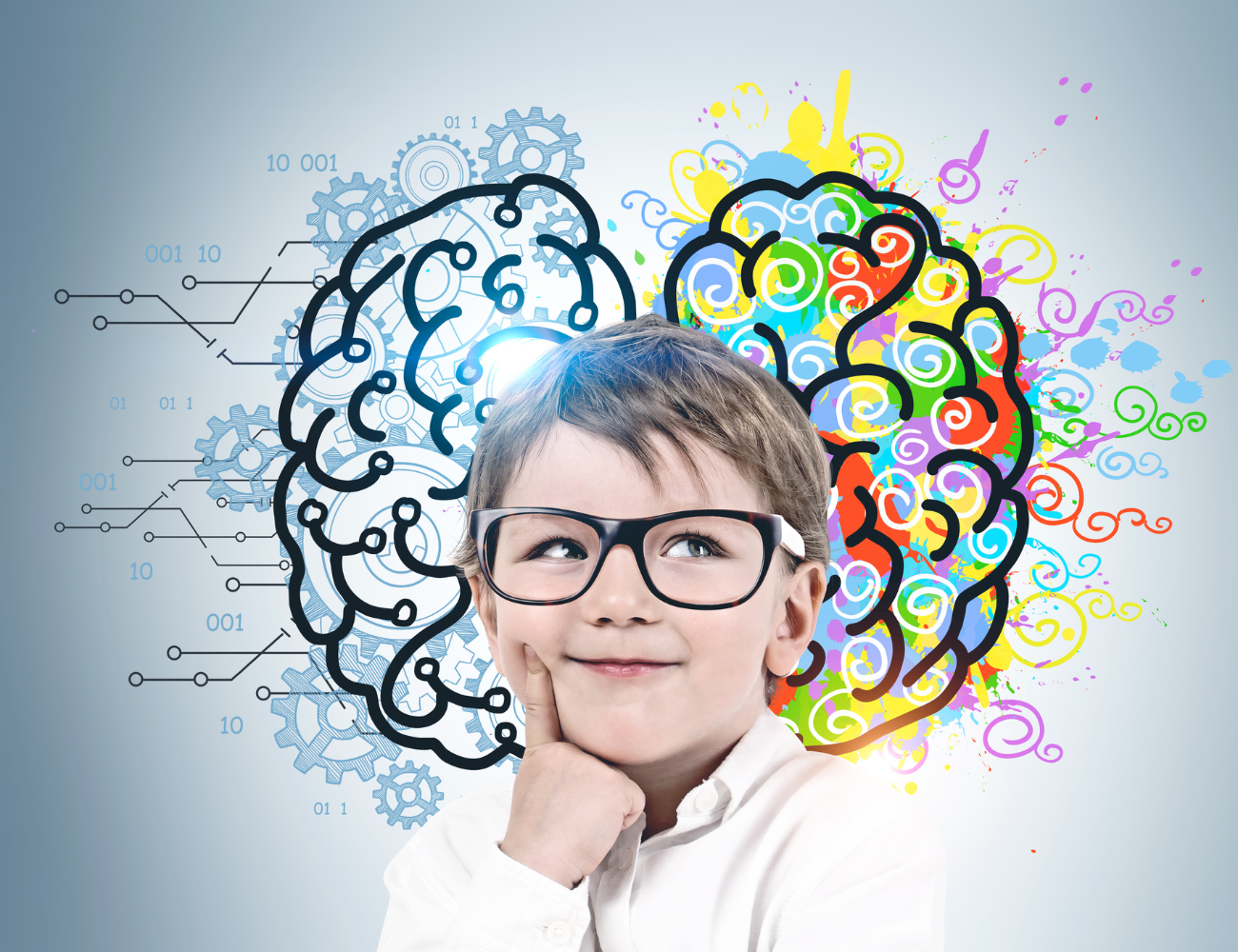
Absolutely! Brain fog and its associated symptoms, sometimes called “brain rot,” are not permanent conditions. With consistent effort and lifestyle changes, it’s possible to reverse the effects and regain mental clarity. The modern world—characterized by excessive screen time, sedentary habits, and overwhelming information overload—contributes significantly to this phenomenon. However, making small but deliberate changes to your daily routine can pave the way for better focus, improved memory, and enhanced emotional well-being.
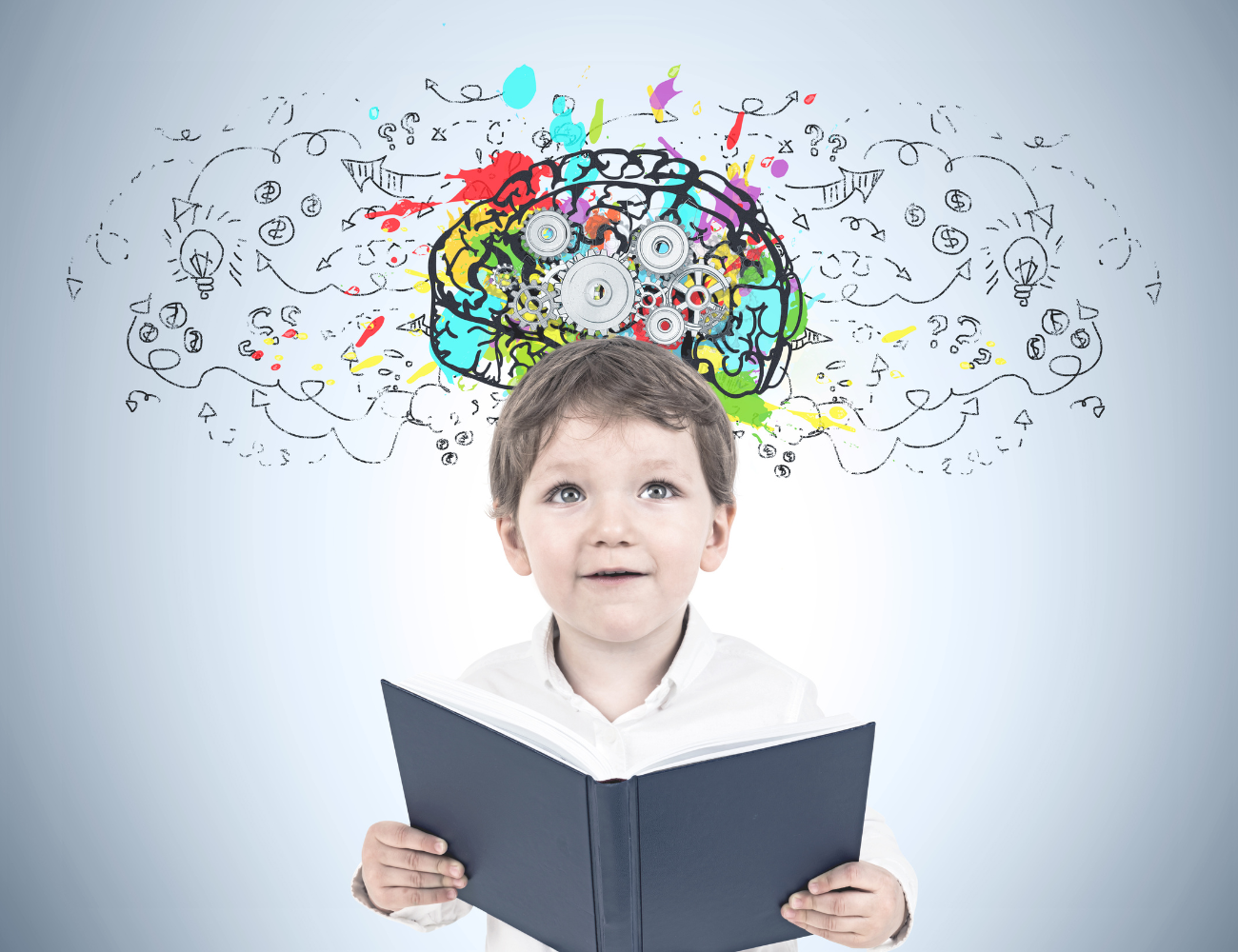
Keeping your brain healthy and sharp requires a combination of mental, physical, and social activities. Enriching practices and minimizing harmful habits can help you maintain cognitive function and mental clarity. Below are actionable strategies to help you stay mentally agile and avoid brain rot.
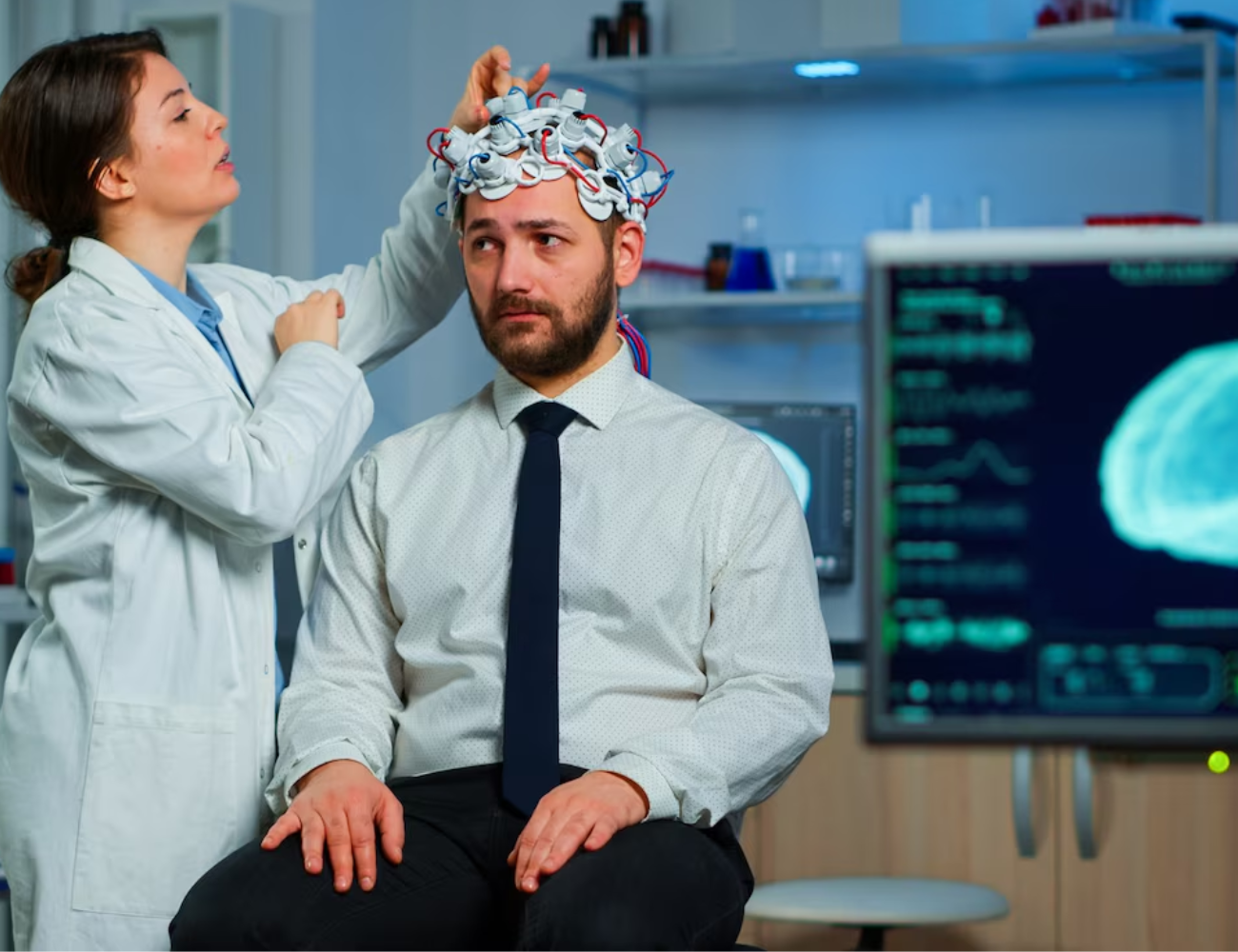
Brain rot, or cognitive decline, can lead to several health concerns, including memory loss, reduced mental clarity, and emotional detachment. Over time, these issues can increase the risk of conditions like depression, anxiety, and neurodegenerative diseases such as Alzheimer's or dementia, severely impacting quality of life and overall health.

In today's fast-paced and hyper-connected world, many individuals face challenges related to mental fatigue, reduced cognitive abilities, and a general sense of emotional detachment. These issues can gradually lead to what some refer to as "brain rot," a state where mental sharpness, curiosity, and emotional engagement diminish over time. Understanding the signs, symptoms, and underlying causes is the first step toward preventing and addressing this modern cognitive decline.
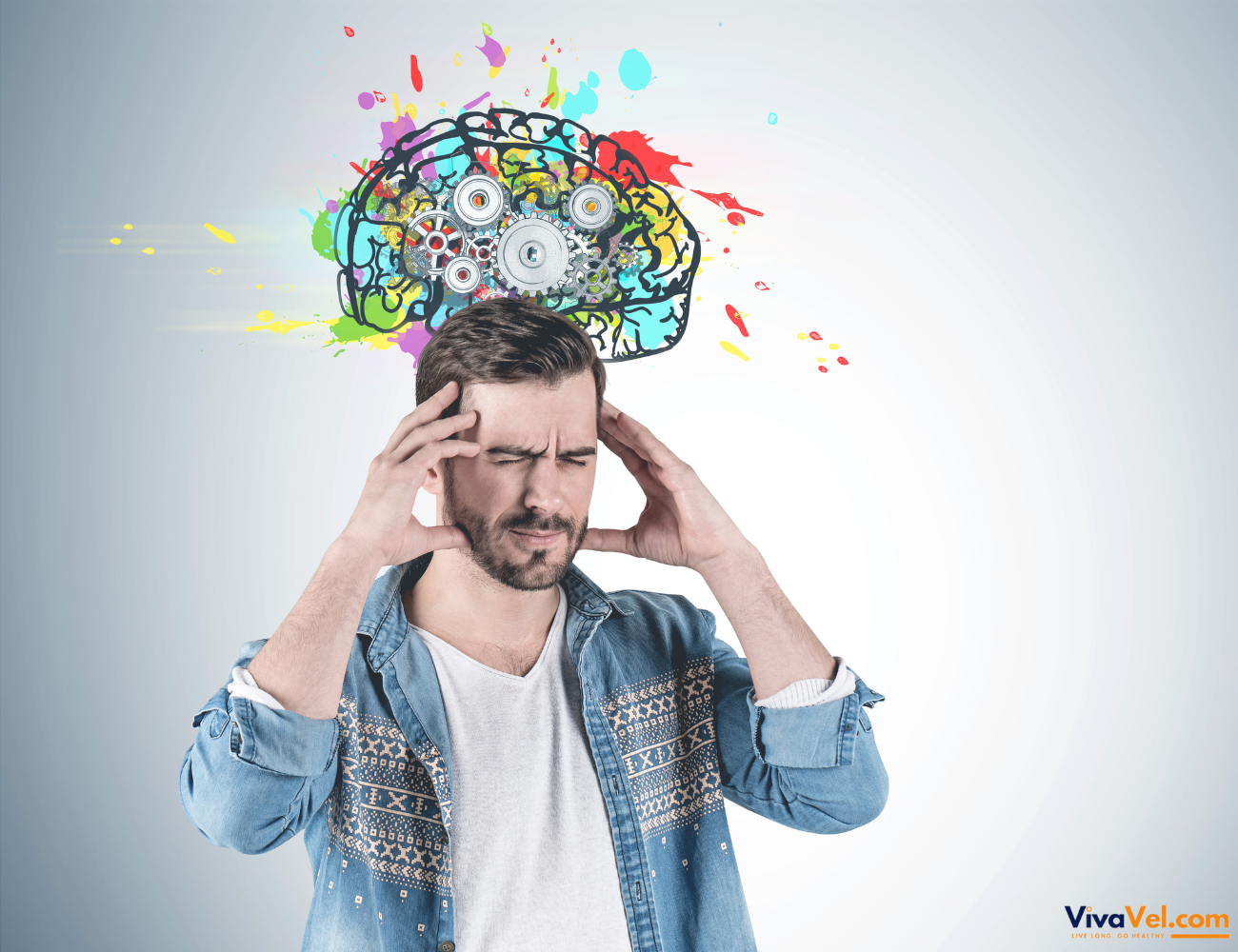
Brain rot is a term that describes the gradual decline in cognitive abilities, often attributed to a sedentary lifestyle, poor mental habits, and the overwhelming consumption of mindless entertainment. While not a medical condition, brain rot is a metaphor for erasing mental acuity and productivity. This modern phenomenon has raised concerns about its impact on mental health, well-being, and societal productivity.

Creating an inclusive and supportive framework requires a multifaceted approach involving individuals, communities, and policymakers. Here are some actionable strategies:

Individuals with mental health conditions and physical disabilities often face significant challenges, including stigma, discrimination, and limited opportunities for education, employment, and social participation. Barriers such as inaccessible care, financial constraints, and workplace discrimination further hinder their ability to thrive. Additionally, isolation due to limited social support and accessibility can exacerbate mental health issues, creating a cycle of marginalization and struggle. Addressing these challenges requires integrated, inclusive solutions to foster equity and support.

The overlap between mental health and disability highlights a complex interplay where mental health conditions can qualify as disabilities under frameworks like the CRPD, particularly when they significantly impair daily functioning. Conversely, individuals with physical or sensory disabilities often face heightened risks of mental health challenges due to stigma, isolation, or accessibility barriers.
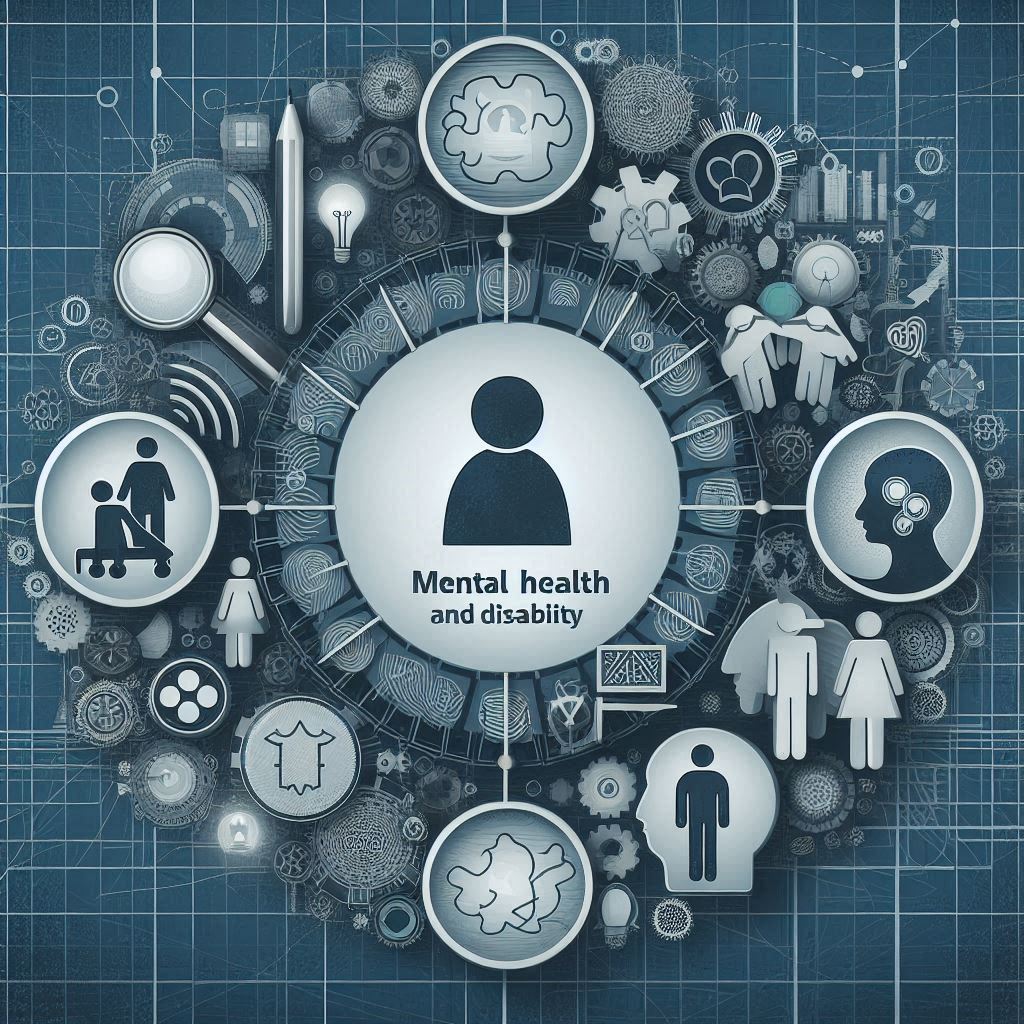
Understanding Mental Health
Mental health is a person’s overall emotional, psychological, and social well-being. It influences how individuals think, feel, and interact with others and how they handle stress and make decisions. Good mental health enables individuals to cope with life’s challenges, build meaningful relationships, and contribute productively to their communities.
Mental health conditions, however, disrupt this balance. Conditions such as anxiety, depression, bipolar disorder, and schizophrenia can impair functioning, relationships, and quality of life. They may manifest through persistent sadness, excessive fear, erratic mood swings, or distorted perceptions. These conditions often stem from genetic, biological, environmental, and psychological factors.
Defining Disability
Disability is an umbrella term encompassing impairments that may be physical, sensory, cognitive, intellectual, or mental. Disabilities vary widely in origin, severity, and impact. They may be congenital (present from birth) or acquired due to illness, injury, or aging. Examples include vision or hearing loss, mobility issues, developmental disorders like autism, and chronic health conditions such as multiple sclerosis.
The social model of disability emphasizes that societal barriers, rather than impairments alone, create disability. For instance, lack of wheelchair access in public spaces or limited availability of sign language interpreters hinders participation more than the impairment itself.
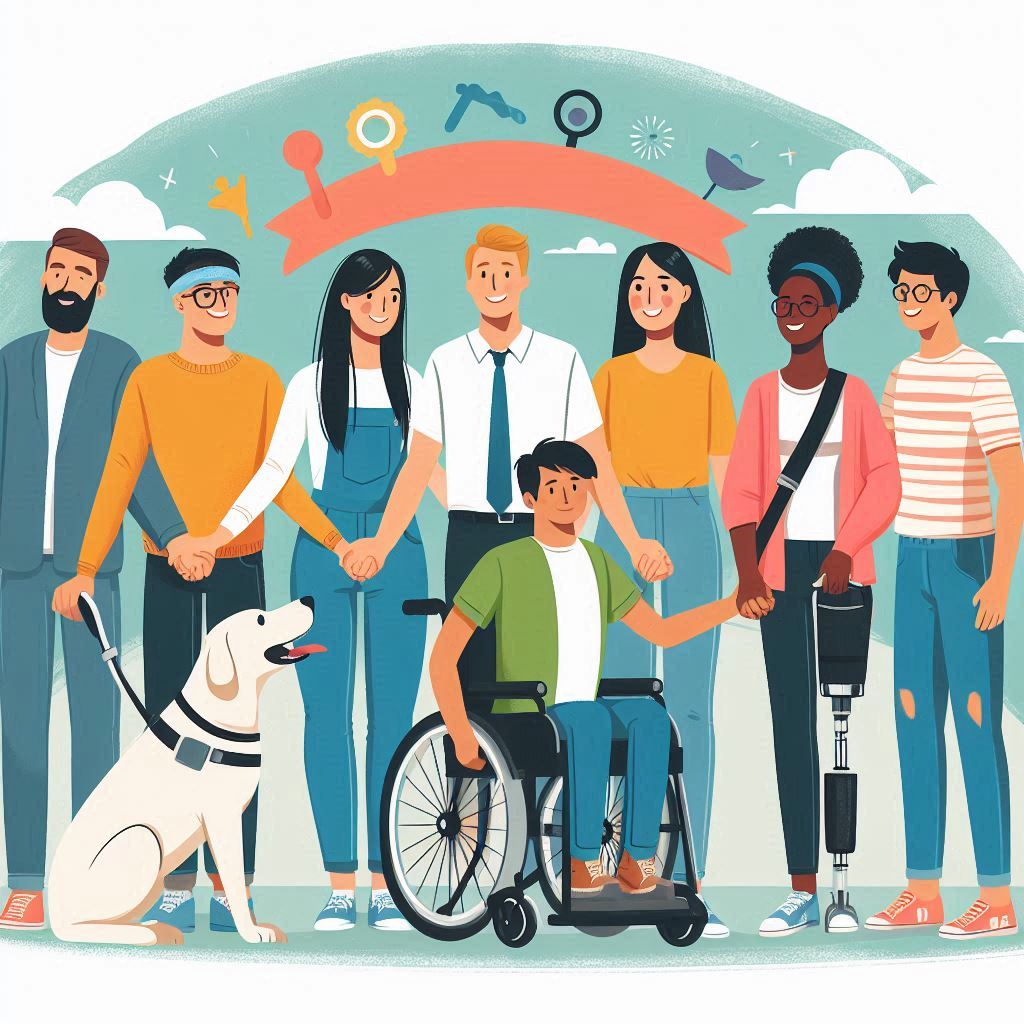
Every year on December 3rd, the world meets to observe World Disability Day, also known as the International Day of Persons with Disabilities (IDPD). This day is a global reminder of the resilience and potential of individuals with disabilities while highlighting the importance of creating inclusive, accessible, and equitable societies.
The theme for 2024, “Empowering Inclusion: A Future Without Limits,” emphasizes breaking down societal and structural barriers that hinder the full participation of people with disabilities.
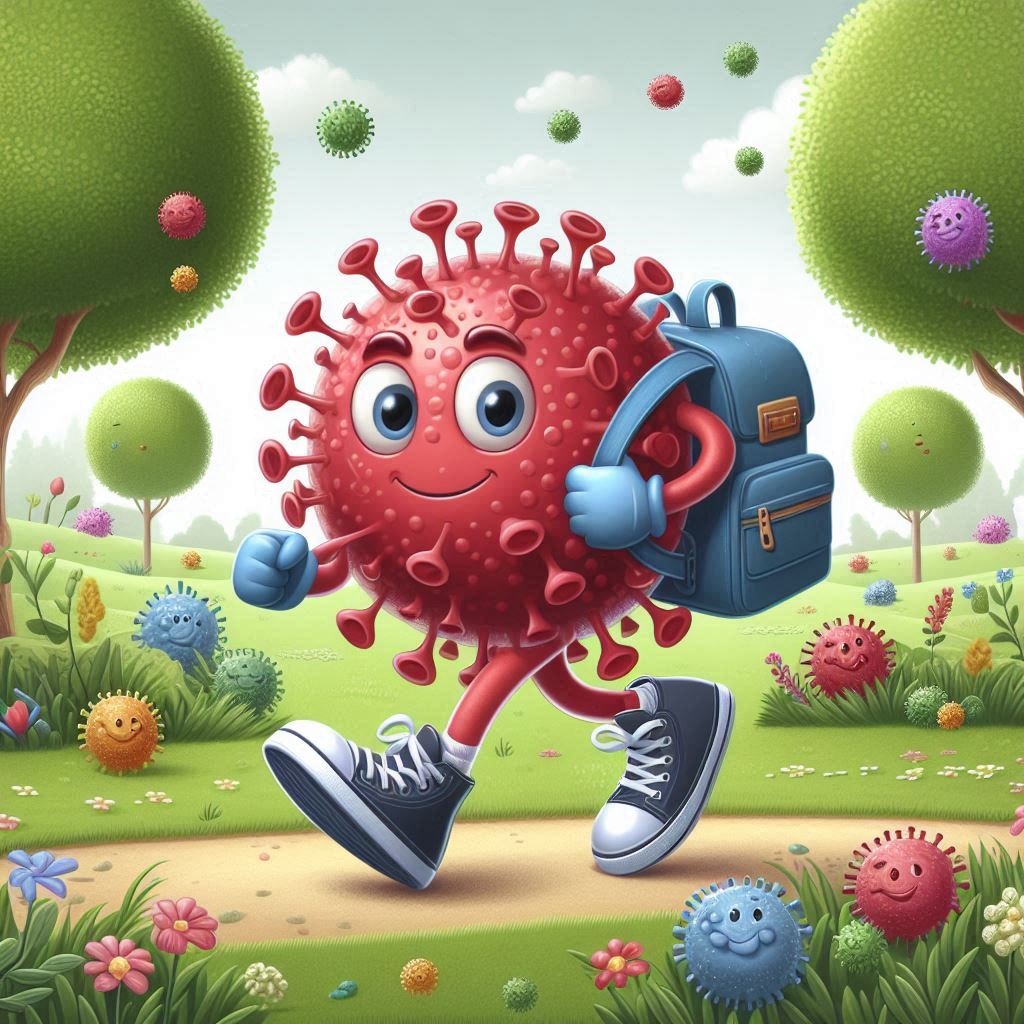
Walking pneumonia, a mild form of pneumonia typically caused by Mycoplasma pneumoniae bacteria, is becoming a concern in urban areas like Delhi NCR due to high levels of pollution, poor air quality, and seasonal temperature variations. While this condition is less severe than traditional pneumonia, it can still cause discomfort and disrupt daily activities if not addressed properly.
In this blog, we’ll discuss walking pneumonia symptoms, dietary tips to support recovery, and what to avoid during this time.
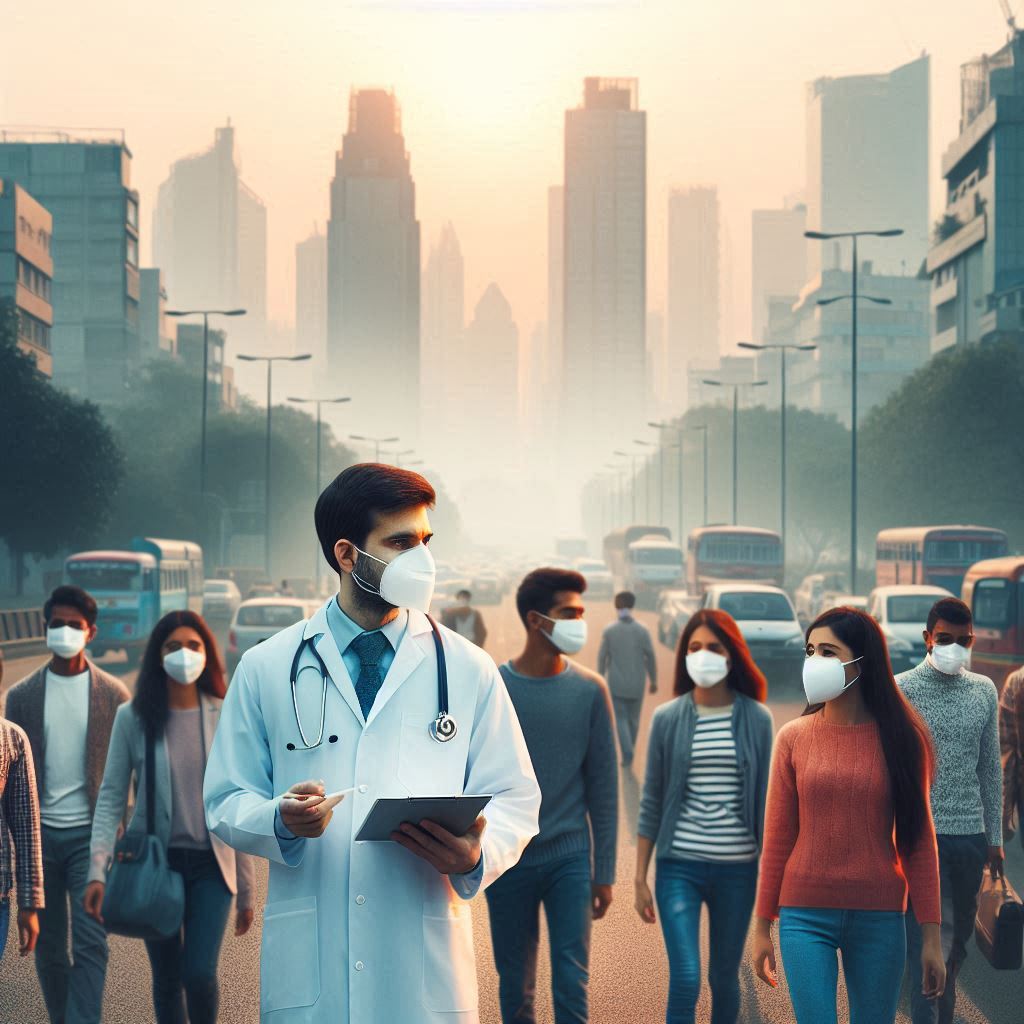
Delhi, the capital of India, has tragically earned the notorious title of one of the most polluted cities in the world. The thick, gray smog that envelops the city, especially during the winter months, is not merely an environmental issue; it represents a serious health crisis. In this discussion, we will explore the causes of air pollution in Delhi, its effects on health, and potential measures to mitigate these impacts.

"I had been struggling with severe sciatica pain for months, and it was affecting my daily life. Simple tasks like sitting or walking became unbearable. I was desperate for a solution but didn't know where to start. That's when I came across Vivavel.com, and I am so grateful I did.

Note : VivaVel does not provide medical advice, diagnosis or treatment. The services and information offered on www.vivavel.com are intended solely for informational purposes and cannot replace the professional consultation or treatment by a physician. All Copyrights are reserved with VivaVel. VivaVel does not allow copying and cloning of its webpages and contents. VivaVel reserves the right to follow the legal procedures to protect its intellectual property.
Copyright © 2025 VivaVel.com . All Rights Reserve.




